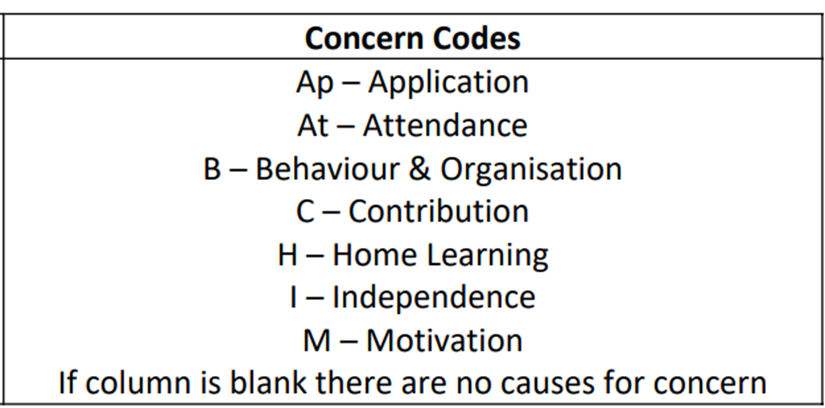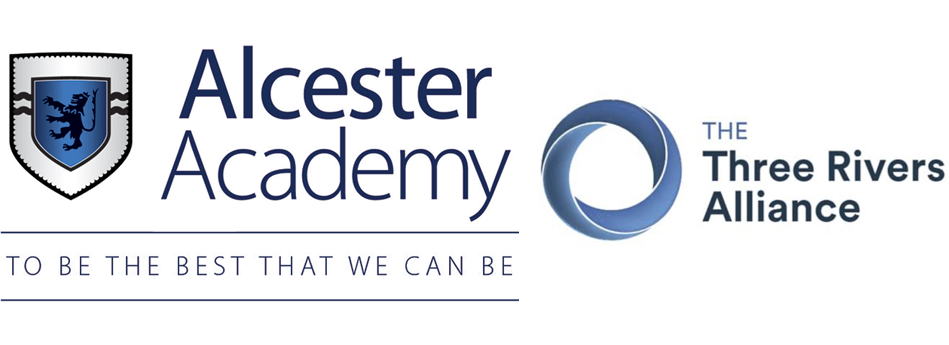Assessment

Assessment
Click here to visit the Parent Forum area to watch the latest KS3 assessment session
Students are continuously assessed throughout their time in the academy. This involves the deployment of a range of strategies ranging from the marking of books, practical assessments, practise exams and tests. Subjects assess against the content delivered via the curriculum palettes
We gather data from teachers each half term and report to parents each term. This allows us to track the progress being made across the curriculum and target interventions to any students falling behind. Teachers use a data analysis package (SISRA) to track the progress of all the children they teach.
Subject Leaders and the Senior Leadership Team track the performance of subject areas and, groups and individuals, they also hold strategic meetings in response to key data points. The Headteacher reports to governors on the progress the academy is making towards the ‘headline measures’. Governors have access to performance data and hold the Headteacher to account for performance at whole school level and at subject level.
What do we report?
For both key stages, parents receive two reports over the year that feature an ‘attitude to learning’ score (ATL), with concern codes if relevant, and ‘current’ data. We also provide a full written report for each year group that provides specific comments on a child's progress at the time of reporting.
At key stage 4 (years 9-11), teachers report GCSE 9-1 or vocational ‘current grades’. Students’ current grades are compared to the grades individuals should be at for each assessment window if they are to realise their target grades (generated from KS2 test data). This allows us to easily identify pupils below their expected point of progress and implement intervention strategies. Pupils are also identified as ‘below’, ‘on’, or ‘above track’ in subjects to add further clarity alongside the ‘working at grade’ provided.
At key stage 3 (year 7 and 8), teachers report attainment indicators (see below). These serve as a useful transition from primary school indicators whereby a pupils’ ability is reported. Indicators are generated by considering how pupils are able to access and demonstrate learning at any given point. In each descriptor, we provide some guidance on how each indicator translates to GCSE grading which also supports choosing GCSE option subjects in year 8.
KS3 Attainment Indicators:

Attitude to Learning (ATL) scores:
Please see the criteria below for how teachers generate ATLs scores across all reports.
|
| 1 | 2 | 3 | 4 |
|
| OUTSTANDING | GOOD | IMPROVEMENT REQUIRED | UNACCEPTABLE |
| MOTIVATION | Exceptionally motivated | Is motivated most of the time | Lacking motivation | Serious concerns over motivation |
| APPLICATION | Sustains full concentration and does not become distracted | Concentration can be good, however can be inconsistent | Can be distracted leading to poor concentration | Unable to concentrate, easily distracted |
| INDEPENDENCE | Consistently and independently shows initiative in approach to learning, both in and outside the classroom | Often demonstrates independence and initiative with little teacher input, both in and outside the classroom | Can struggle with independence leading to an over reliance on teacher input | Is unable to work independently and needs input |
| CONTRIBUTION | Makes full contributions in lessons | Occasionally makes contribution in lessons | Contribution is rare in lessons | Does not contribute in lessons |
| BEHAVIOUR & ORGANISATION | Behaviour is impeccable; extremely well organised | Behaviour consistently in line with expectations; well organised | Behaviour and organisation is inconsistent | Disruptive behaviour; lack of organisation |
| HOMEWORK | Homework is often of an exceptional standard. Work and effort are above and beyond expectations | Homework is usually of a good standard. It is completed in line with expectations. There could be some areas to develop and improve | Homework is often handed in but is incomplete and lacks effort required. Improvement required in many areas | Homework is regularly not completed or is very poor in quality. Little or no effort has been put into the work. Significant improvement needed |
We also report ‘concern codes’ where necessary - usually when a student has an ATL score of 3 or below.
Please see the key below for more information:





